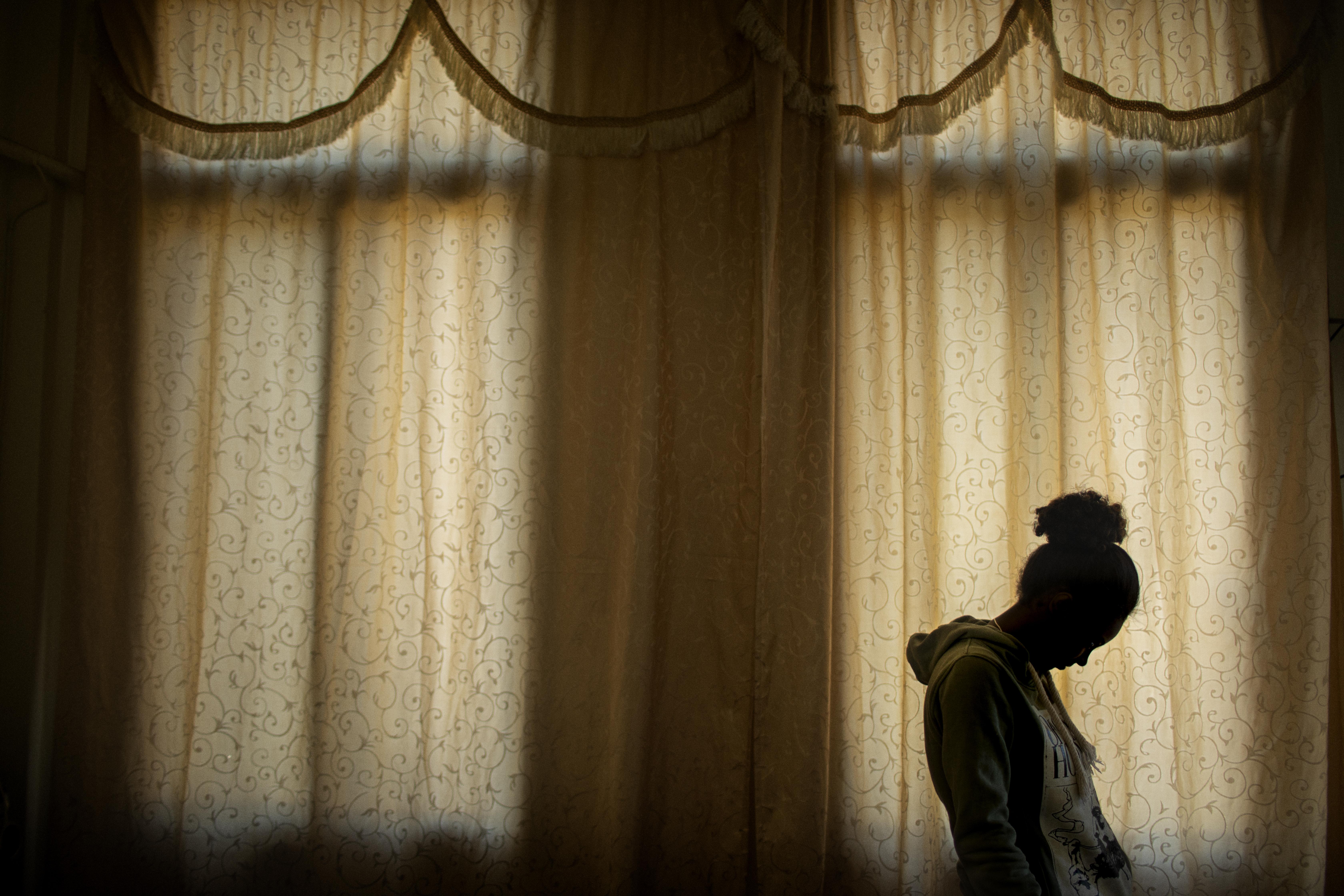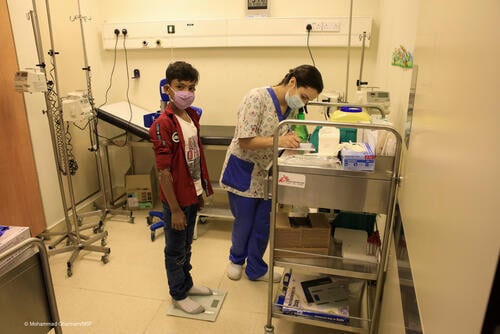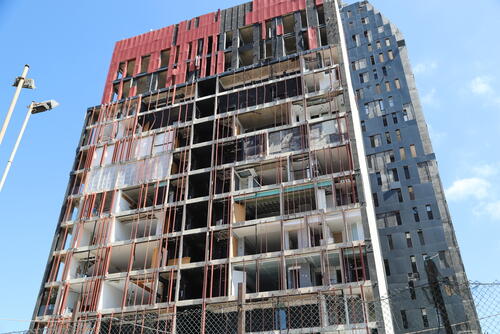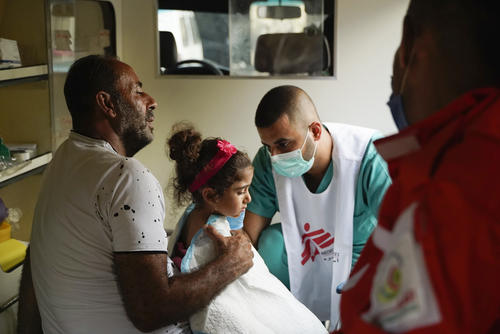Access to healthcare by migrant workers is very restricted in Lebanon, due to the nature of the employment model to which they are tied – known as the Kafala system – which makes them dependent on a sponsor. The mental health of migrant workers – many of whom are young women – reflects the hardships they have endured while living and working in Lebanon.
Migrant workers are often subjected to long working hours, low wages, and restrictions on their movements and on their communication with the outside world, poor living conditions and a lack of privacy. Many are also survivors of physical and sexual abuse.
The onset of the COVID-19 lockdown – which came on top of the ongoing economic crisis in Lebanon – saw a dramatic decline in migrant workers’ conditions and is having a dire impact on their physical and mental health.
In April 2020, MSF launched an emergency medical helpline for migrants affected by the crisis and who are in need of medical care. The helpline received more than 400 calls in its first three months, most of which were requests for medical consultations. MSF provides social, mental and medical assessments through the helpline and refers patients to MSF or partner clinics when needed. MSF is also working alongside the Anti-Racism Movement (ARM), a local Lebanese organisation that provides social and legal assistance to patients in need of further support.
From 3 April to 20 June 2020, MSF attended to 63 mental health patients through the helpline services and field visits, the majority were women under the age of 30. MSF also identified at least 20 psychiatric patients during this short period, nine of whom required urgent hospitalization, all but one were women.
Most of the women who reached out to MSF for mental health services had suffered a wide range of abuses, including forced labour, exploitation, harassment and trafficking. Close to half of the women seeking mental healthcare revealed that they had experienced physical and/or sexual abuse.
MSF has released a report describing the critical mental health needs of migrant workers living in Lebanon. Migrant workers, including those without legal status in the country, should have access to comprehensive health services – including mental healthcare. In the current context of economic collapse and COVID-19, the provision of these services is urgently needed.






